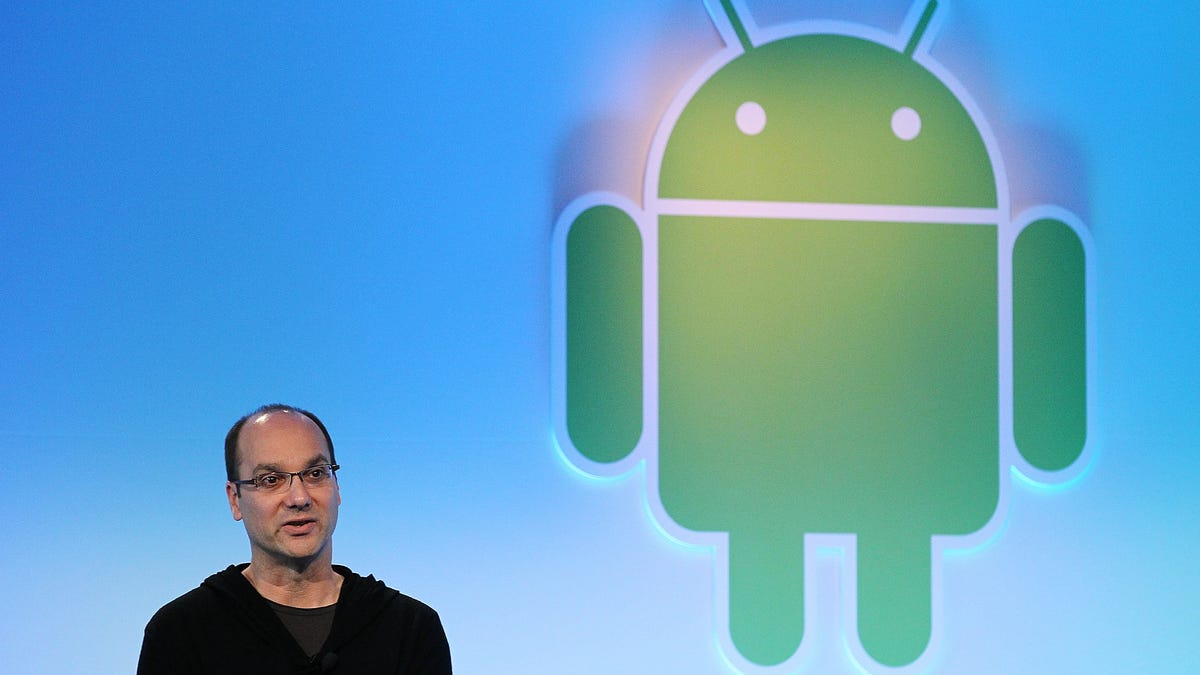Google's Andy Rubin: 'No plans' to open Android stores
The head of Google's Android business shows no interest in going the Apple route -- at least for now -- saying that customers have other ways to get the info they need to make smart buying choices.

So, last week an "extremely reliable source" told blog 9to5 Google there was big news coming: Google was planning to build standalone retail stores in the U.S. to sell Android devices, and the first outlets might even be open in major metropolitan areas in time for the holidays.
Andy Rubin, who heads up Google's Android business and also qualifies as an extremely reliable source when it comes to this particular company, offered a different appraisal during a meeting with reporters in Barcelona today during Mobile World Congress. "Google has no plans, and we have nothing to announce," he said, and he suggested that changes in customer behavior recently have undercut the traditional rationale for a traditional retail outlet.
"A few years ago, consumers needed to touch and feel devices, but these days they can often get the information they need to make a purchase decision by talking to friends and reading reviews," he told reporters. "They don't have to go in the store and feel it anymore."
Rubin's nyet echoed a similar statement last December, when Google Shopping head Sameer Samat told AllThingsD that the company "had no aspirations to open a store."
Of course, aspirations change and companies are always revisiting old assumptions as conditions change. What with Google pushing into new areas with Google Glass and its recently announced Chromebook Pixel notebook, there's fodder for the argument that it's premature to perform last rites on the rumor.
Both these products are premium priced offerings whose success in the market would be helped by knowledgeable salespeople -- in much the same way Apple has used its stores so expertly to sell its myriad lines. And like Apple, Google has the resources to invest should it ever decide this is the right direction.
Truth be told, however, making a successful go of it at retail is as hard as it's ever been. Apple is the exception in the technology industry's history of single-store brands sold through company owned outlets, a chronicle chockablock with high-profile failures, including IBM, CompuAdd, Gateway, and Dell, among others.

